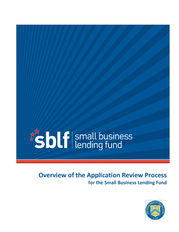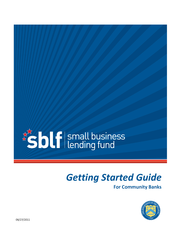Description
Contact Information
Questions?
Tammy Chang
Sr Economist
Debt Management Services
Bureau of the Fiscal Service
202-874-5205
tammy.chang@fiscal.treasury.gov
Page 21
LEAD ∙ TRANSFORM ∙ DELIVER
.
Personal Finance Presentations
+
Personal Finance Sub Categories
U.S. Department of the Treasury













